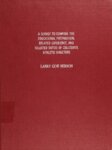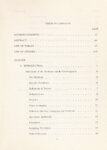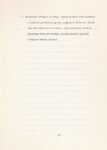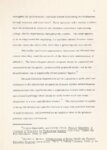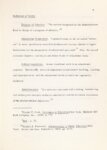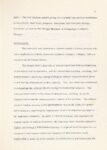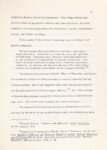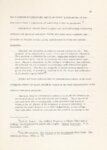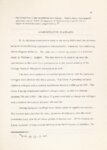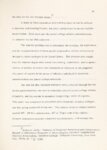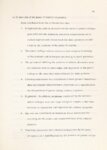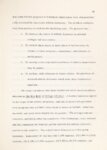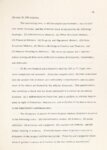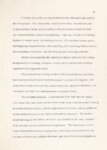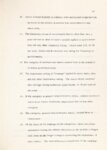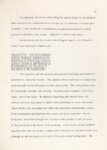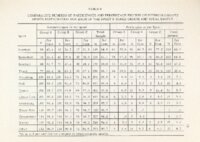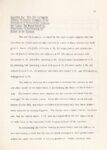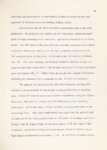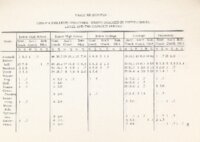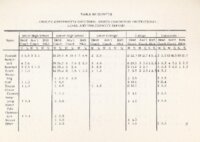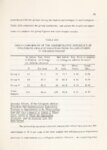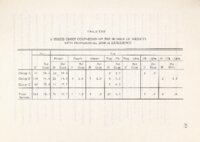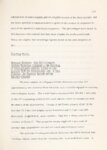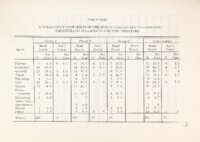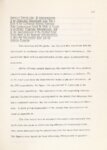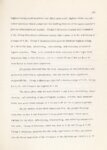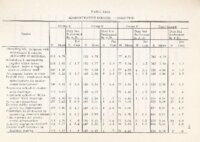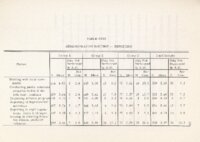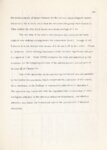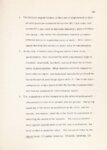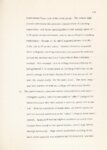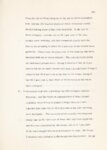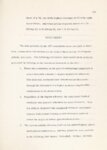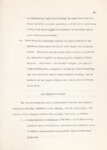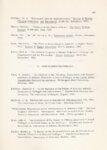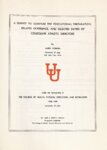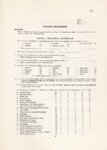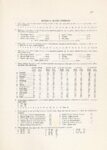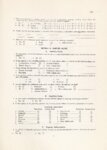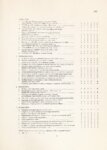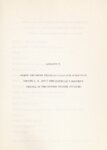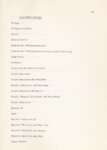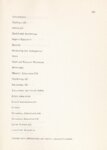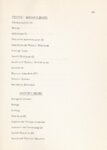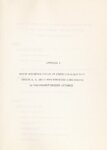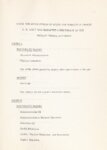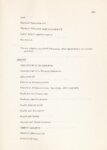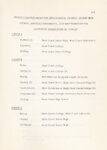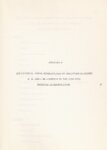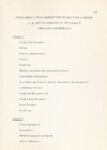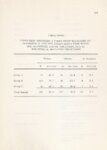| Description |
1. PROBLEM The problem was to provide descriptive information relative to the status of the collegiate athletic directorship, and the obtained data were analyzed to allow comparisons among the subjects representing the study's three groups regarding (1) educational background, (2) related experience, and (3) selected duties of the position. II. PROCEDURES The 460 subjects were randomly selected by a recognized lottery procedure based on a 30 per cent figure of the parameter which provided the above numerical yield. Individual group yields were: Group A (junior college athletic directors) 156, Group B (college directors) 203, and Group C (university directors) 101. The data were gathered via a researcher-developed questionnaire which was mailed to the subjects, and the initial response was 290 (63 per cent). Follow-up materials were sent five weeks after the introductory attempt, and this second try collected seventy returns for a total response __. of 360 or 78.2 per cent. III. CONCLUSIONS The data interpretation provided the basis for the following conclusions: 1. fused on the accumulated data the master's degree was the predominant degree for individuals in all three groups at the time of employment in their present positions. 2. Regardless of the academic degree achieved, the prevalent educational field of study was physical education. 3. Directors in all groups were heavily concentrated in four sports; basketball, football, baseball, and track. It appeared that intercollegiate sports participation was a prime requisite for collegiate directorship employment. 4. Based on mean ratings of the professional courses listed, those who had not taken the courses, but rated them as a result of their directorship experience, were equally as adept as those who had taken the professional courses and then determined the value 5. Apparently less educational teaching experience was required of the junior college director prior to employment than directors in the other two groups. 6. Evidence revealed that elementary and junior high school teaching and coaching experience were not significant factors in the selection of collegiate athletic directors. However, both experiences at the secondary level were apparently highly influential in directorship employment. The two trends were visible for directors in all three groups. 7. The secondary school athletic directorship was the specific area in which most collegiate directors had gained administrative experience prior to a collegiate position, and evidently it provided a particularly good orientation for the collegiate position. 8. To enhance the competencies required by employers, the prospective collegiate director benefited from extensive formal training and field experiences in physical education. The majority of directors 'who taught and also those who administered an additional departmental program were involved in physical education. 9. Intercollegiate coaching in conjunction with the administration of the athletic department was the rule rather than the exception. In many instances, the appointment to the directorship position was undoubtedly contingent upon the ability to assume a coaching responsibility. 10. The administrative routine duties with mean ratings of 4.00 or higher were considered extremely important to the directorship position. Those with means of 3.00 to 4.00 were not inordinately significant for departmental operation although the significance was variable in certain situations. The duties rated from 1.00 to 3.00 were eligible for exclusion as functional operatives in most directorships. 11. Collegiate athletic directors usually possessed the following qualifications at the time of employment in their present positions: (1) a master's degree, (2) approximately twelve years' experience in both educational teaching and interscholastic and/or intercollegiate coaching, and (3) were between the age spans of thirty-one to thirty-five and thirty-six to forty. IV. RECOMMENDATIONS The following recommendations were appropriate as a result of the data procured from the 360 respondents: 1. A comprehensive compilation of explicit duties of the collegiate directorship is appropriate. 2. Curriculum consideration should be given to that segment of the twenty-one professional courses listed in this study which received high mean ratings from both taking and non-taking respondents. 3. Institutions of higher learning, especially those with eminently recognized graduate programs in physical education, should plan and implement innovative, administratively oriented programs which will produce an educationally qualified collegiate athletic director. |

